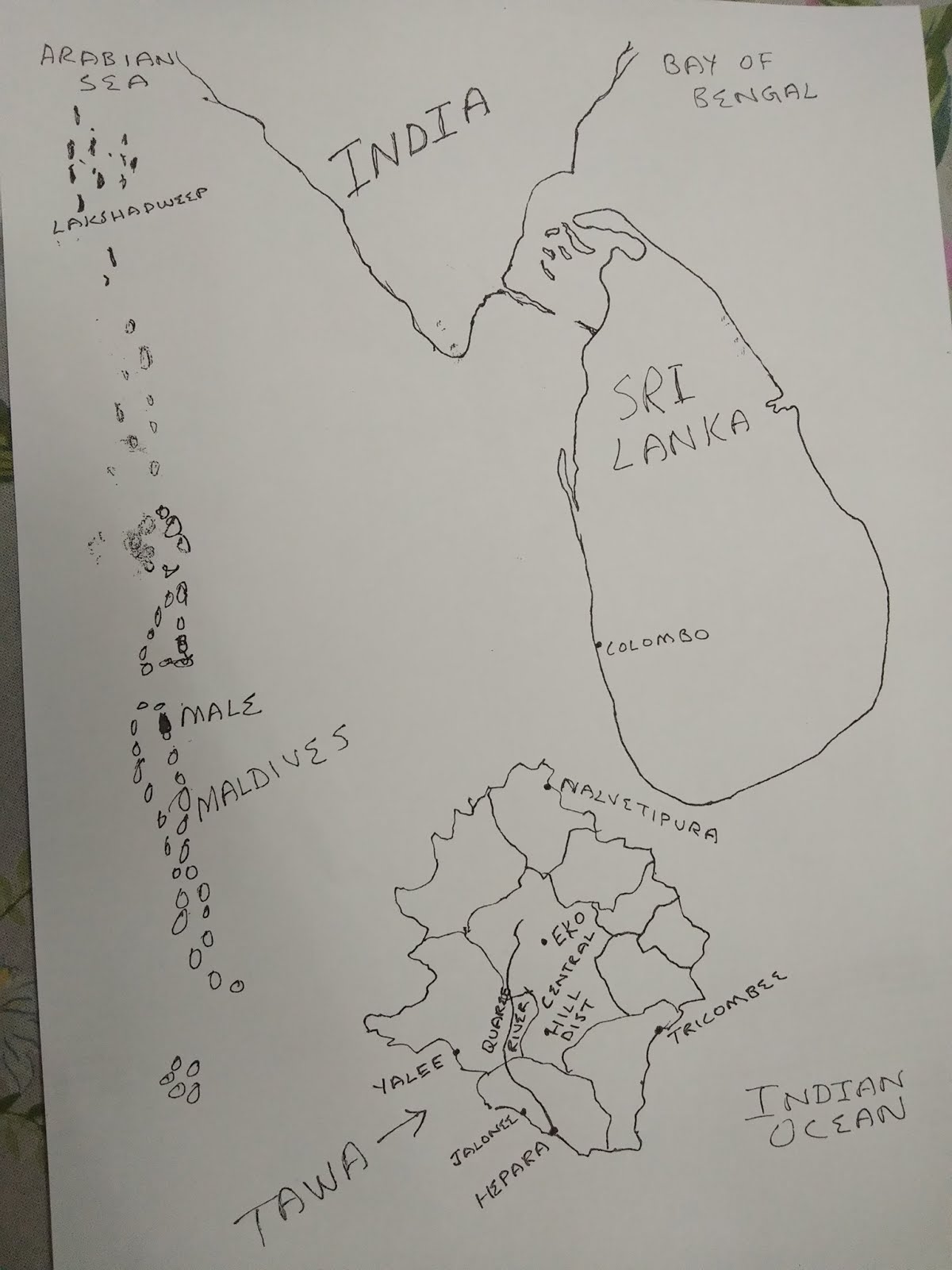
Caro Ramsay is a new writer on the block who was described as a ‘female Ian Rankin’ after her critically acclaimed first novel ‘Absolution’ was published. I have read a fair number of detective stories and I believe that among contemporary detective fiction writers, Ian Rankin is numero uno. I haven’t read Ramsay’s first novel ‘Absolution’, but after reading ‘Singing to the Dead’, I can say that Ramsay does deserve to be called the ‘female Ian Rankin’. And I am not saying this because both writers are Scottish.
I think it is tougher to review detective fiction than any other form of writing since it is so very important to not give the plot away. What’s the point in reading a detective story if you already know the plot? Not only should the reviewer not even hint at the ending, it is also important to not to give readers (of the review) too much of an idea as to what to expect in the book. On the other hand, by saying too little, the reviewer may fail to convey his impressions and criticisms of the book. One needs to strike just the right balance, not an easy task, so wish me luck.
Unlike Rankin’s Inspector Rebus stories which are set mainly in Edinburgh, ‘Singing to the Dead’ is set in Glasgow. It’s just before Christmas and it’s snowing. The Partickhill police squad has a new boss, who isn’t very popular. Many officers at the squad are down with flu and the ones still on their feet are constantly fighting. At such a delicate time, emergencies erupt. Two boys go missing in quick succession and a series of cyanide poisonings take place. Local lad Rogan O’Neill has returned to Glasgow with his very beautiful Canadian (and pregnant) girlfriend so that the baby can be delivered in Scotland. The squabbling police officers set out (in their own divergent ways) to solve the crimes. And then a third child, the son of one of the policemen, goes missing.
Ramsay’s standout achievement in this novel is that though there are more than a dozen major characters, she manages to dab flesh and blood on each of them. There are good people, bad people and many shades of grey. Ramsay is very effective in showing us various hues of each character and at times, suddenly without much warning, a character’s colour changes from black to white or to grey. Just as in Rankin’s Inspector Rebus stories, the rivalries and petty politics between the detectives is fleshed out in great detail and form a brilliant backdrop to the crimes.
If you like Ian Rankin, especially his Inspector Rebus series, you will like Ramsay’s ‘Singing to the Dead’.





